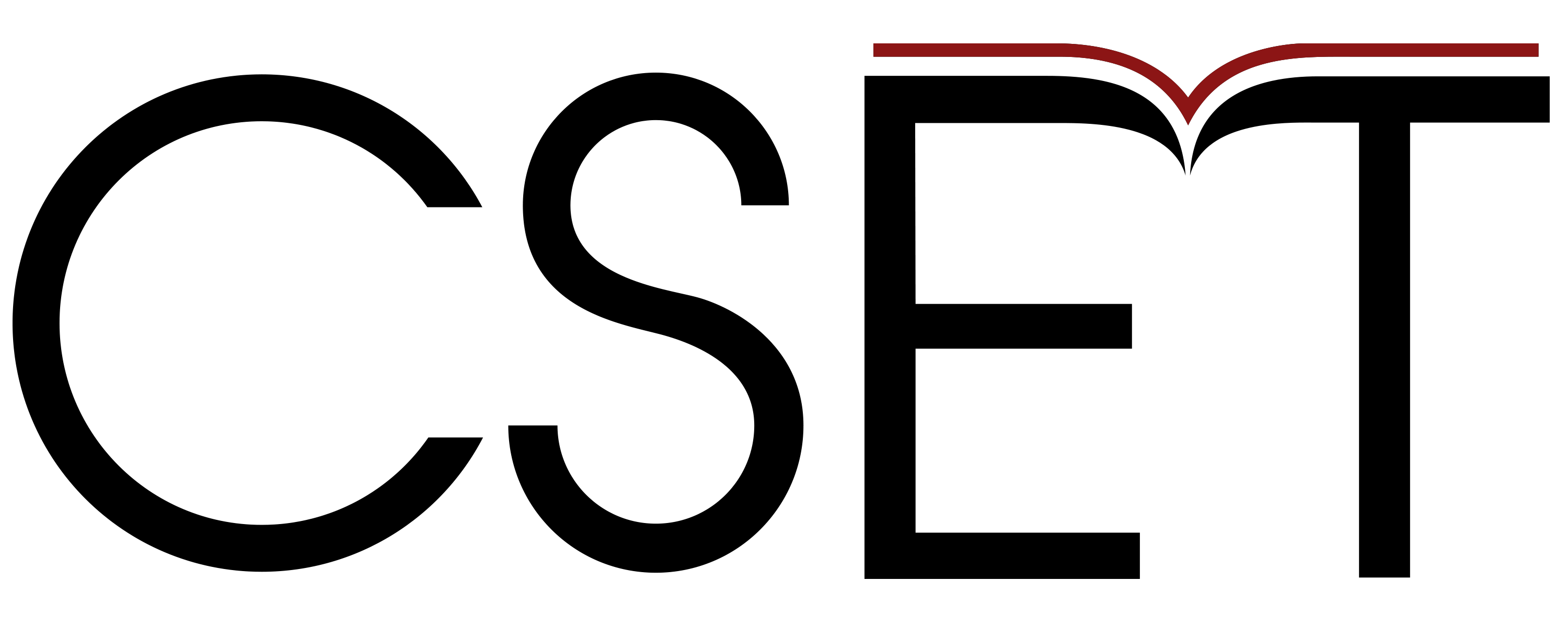School Leaders Program
The purpose of the CSET School Leaders Program (SLP) is to build a movement of teacher leaders and school site leaders who are committed to disrupting power dynamics and cycles of oppression through social justice leadership and a critical examination of school curricula, policies, and culture. By centering liberatory pedagogy and leadership practices on developing and enacting a social justice stance, our leaders will co-create classrooms, schools, and communities that are humanizing, culturally sustaining, critical, and liberatory.
This international program is an opportunity for site leaders to deepen their knowledge, skills, and impact in a community of practice where collaboration enables transformational change. Through the exploration of research and literature, an explicit focus on social justice, and community-based transformative learning, leaders design and enact plans that address specific and pressing challenges relevant to their unique contexts.
Participation in this virtual program will provide site leaders with a professional and collegial environment that is safe and intellectually challenging. In this environment, leaders will actively explore, critically examine, and further develop their beliefs, knowledge, and skills as social justice leaders. Within this professional climate, the SLP is designed to be counter-cultural, to nourish school leaders intellectually and emotionally, and to help school leaders consider critical questions of leading for social justice and instructional excellence.
The program learning arc focuses on three core domains:
- Strong, liberationist instructional pedagogy
- Community-based transformative learning
- Development of personal leadership identity and stance
Virtual Summer Institute July 8-12, 2024
Click below for more program information:
- Program flyer
- Informational session held on April 19, 2024
- Zoom recording - passcode is Rf@?ed1b
- Slide Deck
The structure of the SLP is informed by the fundamentals of liberatory pedagogy. We begin with the practice of exploration by creating spaces for participants to individually and collectively explore their personal social justice stances in relation to the unique characteristics of their school sites. Through this exploration, we model “user-centered” leadership by co-creating learning experiences alongside participants. We enact a three-fold learning arc that will help leaders build skills and develop tools related to the program's core domains.
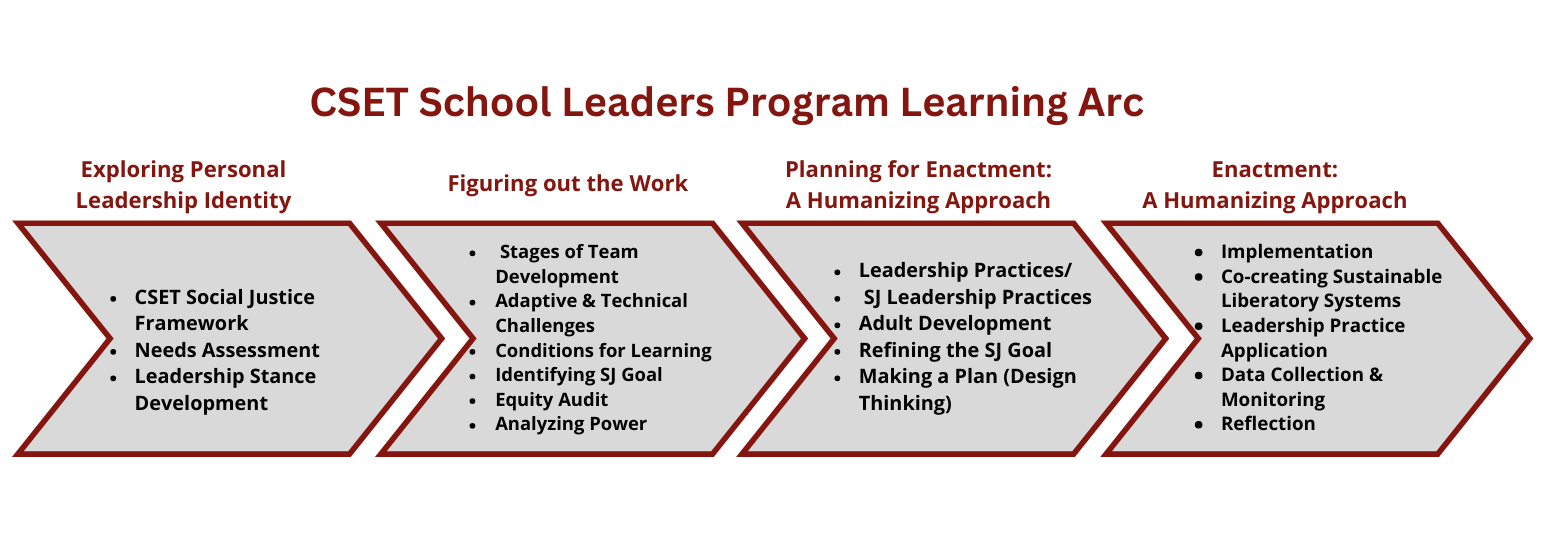
To enact this learning arc, the SLP leverages three primary program components:
-
Inquiry-based discourse - Individual and collective needs assessments used to inform programmatic content, community-building, and unique approaches to social-justice work at each site.
-
Professional learning - Summer Institute and Monthly Virtual Sessions & Whole-group learning sessions focused on research-based transformational leadership practices.
-
Individual and small-group coaching sessions where participants engage in an ongoing community of practice with other leaders.
Ultimately, through their experiences in this program, participants will individually and collectively:
- Enact social justice leadership that fosters a learning culture where all stakeholders are valued for the rich assets they bring.
- Strengthen their leadership capacity, sense of identity, and instructional vision.
- Analyze and map the systems they work within to co-design site goals and plans with stakeholders.
- Identify technical and adaptive challenges in their systems and discern how to respond to them appropriately.
- Construct and operationalize plans to build and sustain trusting relationships with their teaching teams and foster a positive school community and culture.
- Support liberationist instructional best practices among their teaching teams that promote equity and deeper learning for all students.
- Participate in a community of leaders and expand their professional network.
By the end of the program, participants can expect to be more reflective, instructionally-minded leaders who are equipped with tools to support the needs of all learners and build sustainable liberatory systems at their sites. Participants will walk away from the program with more effective leadership guided by a strong vision; a social justice-driven school improvement plan; and a strong professional network rooted in shared leadership and learning.
Who is eligible to participate in the CSET SLP?
Program participants will currently hold a formal teaching or leadership role in K-12 education. Possible roles include Principal, Assistant Principal, Dean, Instructional Coach, Grade-Level Chair, Department Chair, and Teacher Leaders, etc.
We are especially interested in:
- Teachers and leaders who work with historically marginalized and underserved students (e.g. African American, Latinx, low-income, English learning, special education, and foster and homeless students)
- Teachers and leaders who work in under-resourced schools, including those in rural and urban communities
- Teachers and leaders who are committed to disrupting systemic inequities at their sites.
Can I register for the CSET SLP with other teammates from my site or district?
Yes! Participants are encouraged to register in teams either with other teachers or administrators within the same site or across the district or charter organization.
Can I register and participate if I am not in the Bay Area?
Yes! We hope to recruit teachers and leaders from a variety of districts and charter management organizations across the world. The CSET SLP is a virtual opportunity. Synchronous sessions during the school year will take place between the hours of 3-6pm Pacific Time (or 6-9pm Eastern).
Can I register for the CSET SLP if I’ve attended the Hollyhock School Leaders Institute or other CSET institutes in the past?
Yes! All previous CSET program participants are welcome to participate in this program. While inclusive of the best practices related to the Hollyhock Fellowship, the SLP is a comprehensive experience designed to cover a wide range of aspects related to effective site leadership.
- All participants must complete an online registration (Participants registering with a school team must state that information on their individual profile)
The CSET School Leaders Program is a virtual opportunity, which includes monthly virtual gatherings, a week-long summer institute, and quarterly small-group coaching.
Here are a few of the participants from our 2023-2024 cohort:
John Villanueva Nepomuceno
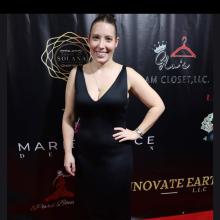
Dr. Monica Koziol

Albert Maldonado
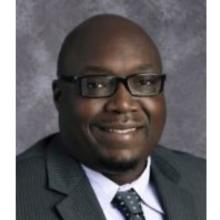
Jamie Crosen
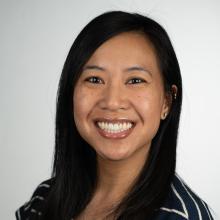
Crystal Catalan
Meet Our Team
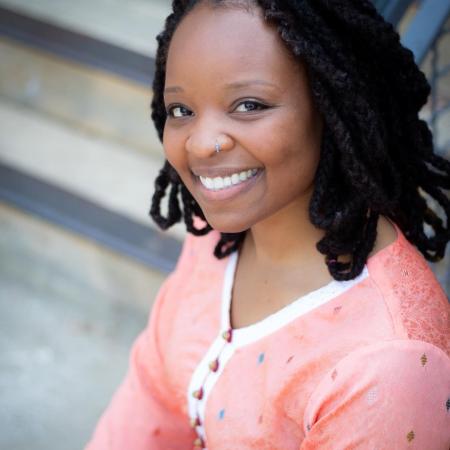
Dr. Abdullah has ten years of experience in public and charter school settings, serving in several capacities— ELA instructor, department chair, instructional coach, equity training facilitator, and assistant principal. An alumna of CSET’s Hollyhock fellowship program, Dr. Abdullah leverages her professional experiences, research interests, and passion for social justice and educational equity through her work. Her role includes identifying opportunities for collaboration in professional learning and research, translating research into practice, and assisting with long-range envisioning and planning for CSET. Dr. Abdullah holds a BS in Jazz Studies from Florida A&M University, an MA in Urban Pedagogy from the University of Michigan, and a doctorate in Educational Leadership and Policy from Florida State University.
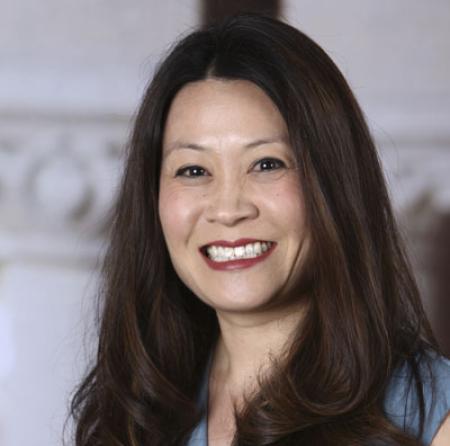
Dr. Moriarty’s work focuses on instructional excellence and strong teacher and school leadership. Dr. Moriarty’s work includes facilitating professional learning experiences as well as instructional and leadership coaching. Her experience includes being a secondary science teacher, a district science resource teacher, school administrator, and educational consultant. She holds a BS in Animal Physiology and Neuroscience from the University of California at San Diego, an MA in Educational Leadership from the University of San Diego, and a PhD in Leadership Studies, PK-12 Specialization from the University of San Diego.
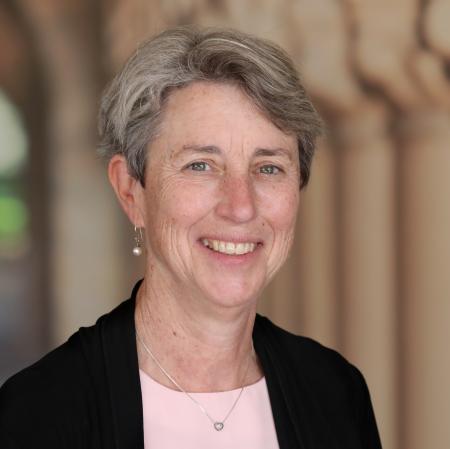
Dr. Carlson’s research interests include the impact of educative curriculum materials and transformative professional development on science teaching and learning. She began her career as a middle and high school science teacher and has spent the last 20 years working in science education developing curriculum, leading professional development, and conducting research. Dr. Carlson received a BA in Environmental Biology from Carleton College, an MS in Curriculum and Instruction from Kansas State University, and a PhD in Instruction and Curriculum (science education) from the University of Colorado.
